Usain Bolt has agreed with Asafa Powell on the nature of Jamaican fans after the latter recently offered advice to Kishane Thompson on why he should not feel oblidged to carry the country his t back.
Usain Bolt has reinforced fellow Jamaican sprint legend Asafa Powell’s advice to young sprinter Kishane Thompson, emphasising the need for a strong mental game when dealing with the high expectations of Jamaican fans.
Powell recently advised Thompson to focus on himself and not let the weight of national pride overwhelm him on race day. Bolt, who shares a similar view, opened up about how he also had to shift his focus to his personal goals to find success, despite the intense pressure from his homeland’s devoted and demanding fans.
On his YouTube channel, Powell urged Thompson, 23, to maintain a mindset of self-focus and not let the pressure of representing Jamaica overshadow his own aspirations.
‘You’re the only man who can beat me’- When Usain Bolt revealed his toughest rival
‘You’re the only man who can beat me’- When Usain Bolt revealed his toughest rival
He suggested treating major events, like the Olympics or World Championships, as “just another race,” noting that this approach could help Thompson maintain confidence when competing against elite sprinters such as Noah Lyles, Fred Kerley, and Letsile Tebogo.

“That’s when you feel the pressure—when you think about the country, the world…when you look at this [pointing to the Jamaican logo on his sweater] and remember that this is watching, whether the US or Jamaica,” Powell explained. “If you are just doing it for yourself when you cross the finish line, then you know it’s for everybody.”
Supporting Powell’s insights, Bolt revealed in a recent interview on The High Performance Podcast that he, too, had to learn to prioritize his own goals over the heavy expectations from fans.
‘Jamaicans are very hard on athletes’- Asafa Powell on what Kishane Thompson should do to experience his full potential
‘Jamaicans are very hard on athletes’- Asafa Powell on what Kishane Thompson should do to experience his full potential
Starting his career young, Bolt quickly experienced both the highs and lows of Jamaican support. “I started when I was very young in Jamaica. If you did well, they would be like ‘Oh yeah!’ and if you did bad, they would be like ‘Boo!’,” Bolt recalled, demonstrating how public opinion could shift dramatically based on performance.
The eight-time Olympic champion admitted that, for a long time, he focused solely on meeting Jamaica’s expectations, believing that every race was a duty to his country. However, the constant criticism took a toll, especially during setbacks.
“I kind of figured out that ‘If I do well, they are going to love me. If I don’t do so well, they won’t love me so much’. That is when I figured out that I had to do this for myself first,” Bolt said, explaining how he came to understand the importance of focusing on his own motivations rather than external pressures.
Jamaican legend explains why Asafa Powell’s career as a track athlete was short-lived
Jamaican legend explains why Asafa Powell’s career as a track athlete was short-lived
Powell also cautioned Thompson about the unique intensity of Jamaican fandom, highlighting that fans’ support can be conditional.
“Jamaica is not a country to carry on your back; these people are very, very hard on the athletes… They love you to death, but they are hard on the athletes,” Powell advised.
This sentiment clearly resonated with Bolt, who shared that he faced similar challenges early in his career, often feeling the sting of fans’ disappointment when he underperformed.
He ultimately realized that to reach his full potential, he had to make his goals his top priority. “It took me a while to figure out that, listen, ‘I have to do this for myself first,’” Bolt reflected.
For Thompson, this guidance from two of Jamaica’s most celebrated athletes serves as a powerful reminder: in a country where fan support is deeply passionate yet demanding, focusing inward is essential for long-term success.
Powell and Bolt’s combined experience sends a clear message to young Jamaican athletes—success will come when they run for themselves first, free from the external expectations that often accompany the weight of a nation’s pride.

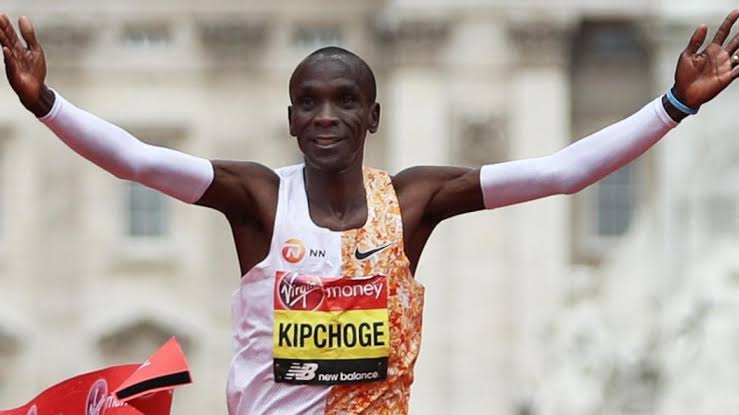


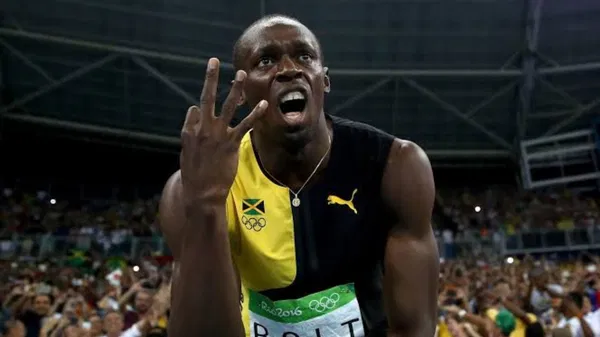
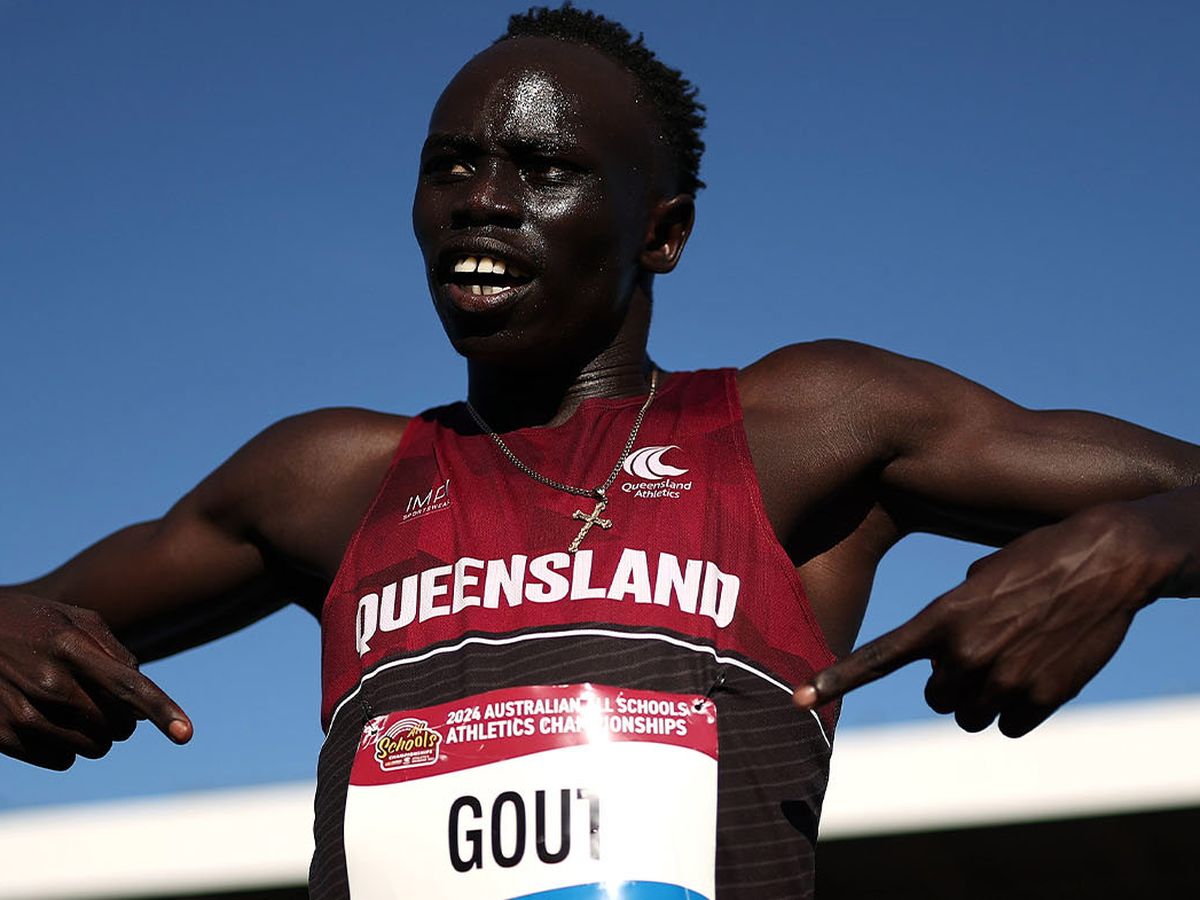
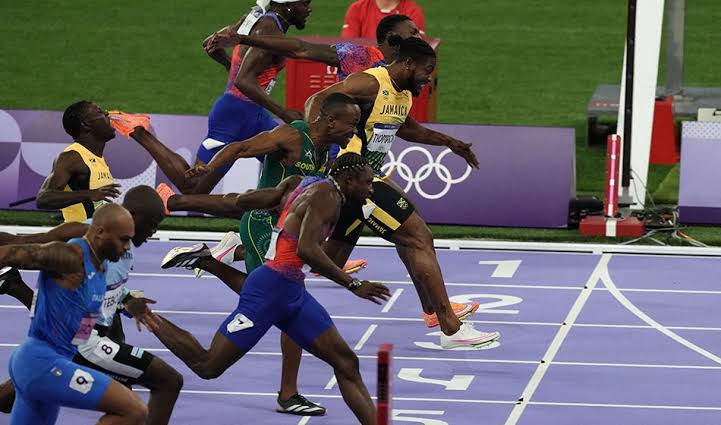

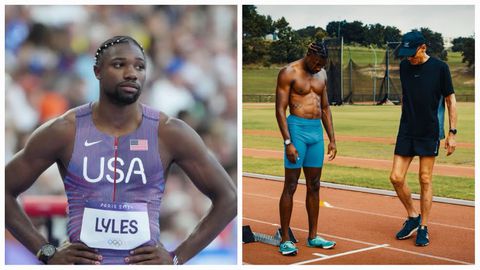
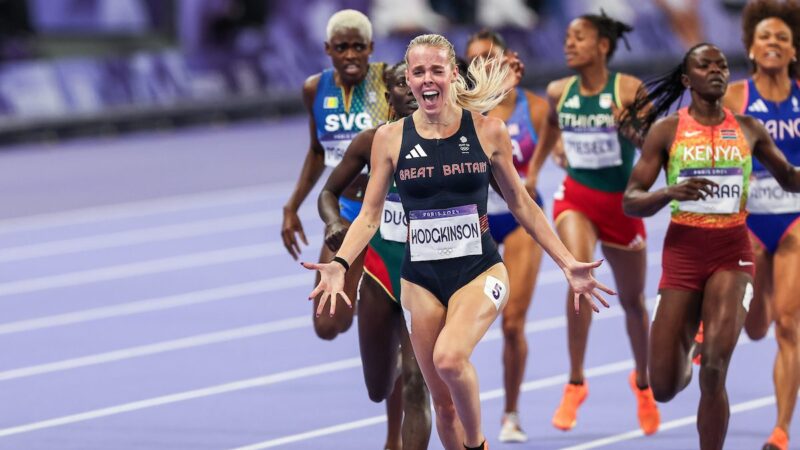
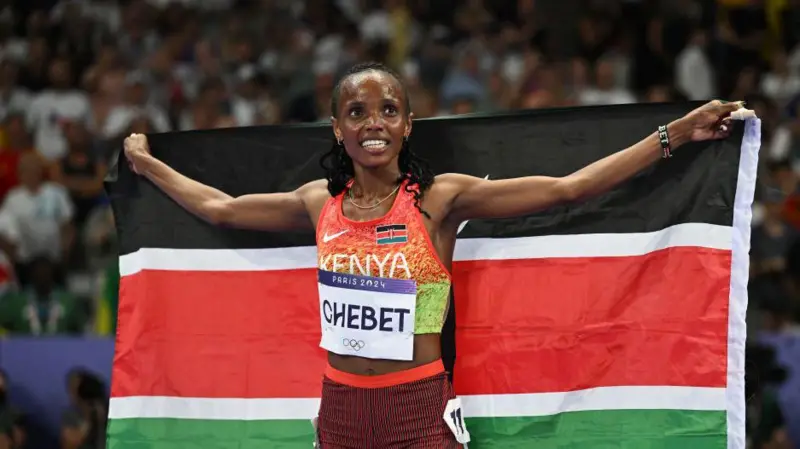



Leave a Reply